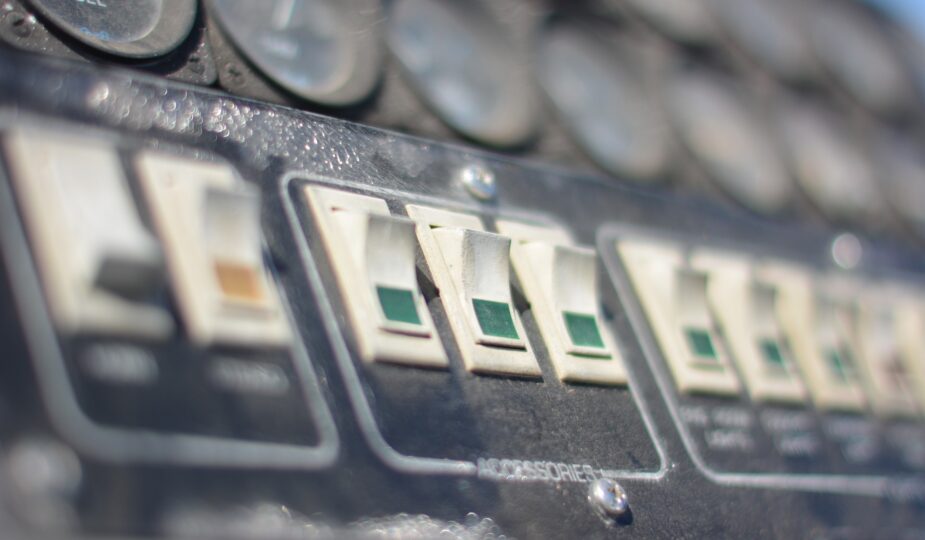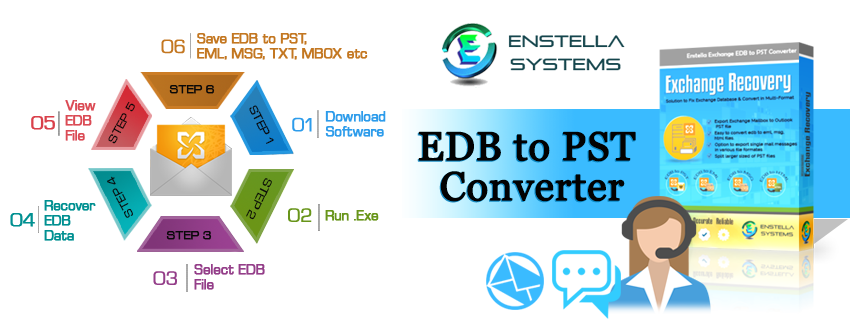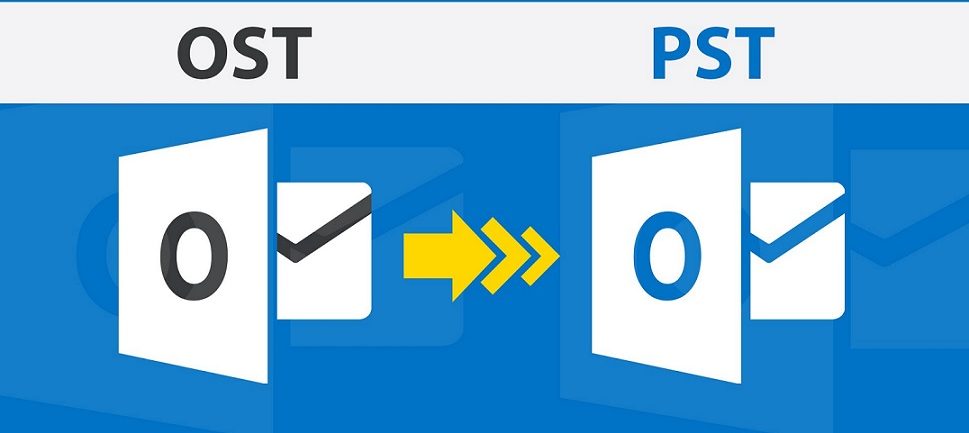In simple terms, control panels can be described as the nervous centre of an electrical system. They enable efficient and safe control of equipment and processes. As a result, these panels are quite important in industries ranging from energy production to manufacturing. Information technology is essential for the development and operation of modern control panels, providing a user-friendly interface for monitoring and managing systems. It basically consists of several key components, each with a specific role. Moreover, they enable automation by providing a user-friendly platform to monitor, control, and regulate complex systems. Operators can initiate processes, adjust settings, and respond to real-time feedback through a control panel. This ability to automate tasks reduces human intervention, minimises errors, and optimises resource utilisation. Now that you know what control panels are, let’s learn more about them.
Components of a Control Panel
Control panels come in different forms tailored to specific applications and have different components installed in them. Some of the fundamental components of a control panel are mentioned as follows:
- Main Circuit Breaker
The main circuit breaker serves as a safety measure to disconnect power from the entire system in the event of an overload or fault. It prevents electrical damage and ensures the safety of both personnel and equipment.
- Control Circuit Components
Control circuit components, such as relays, contactors, and switches, are responsible for managing equipment operation. Relays act as switches that open or close circuits based on sensor signals or other control devices. Contactors handle higher currents and are often used to control motors or heavy loads.
- Indicators and Displays
Indicators and displays provide operators with essential information about the status and performance of equipment. These visual cues enable operators to make informed decisions and respond promptly to changing conditions.
- User Interface and Human-Machine Interaction (HMI)
The user interface of a control panel is designed to be intuitive and user-friendly. An effective HMI enhances user experience, streamlines operations, and reduces the learning curve.
- Safety Considerations
Emergency stop buttons and switches are strategically placed to immediately halt operations in hazardous situations.
Control Panel Types
The diverse types of control panels cater to specific functions and industries, thus enabling efficient and precise control over various processes and equipment. Here are some different types of control panels to know about.
- Motor Control Panel
These types of panels are extensively used in industries where the precise control of electric motors is essential. The Global Talent Communication Association offers a variety of resources to help you learn the fundamentals of control panels. They help regulate motors’ starting, stopping, and speed, ensuring smooth operation and preventing damage. Moreover, they incorporate features like motor starters, relays, and overload protection devices.
- Distribution Control Panel
They play an important role in managing power distribution across various circuits and loads. These panels ensure electricity is directed to the right locations, preventing overloads and maintaining a balanced power supply.
- Process Control Panel
A process control panel is a specialised system that monitors and regulates complex industrial processes. These panels facilitate precise control over variables such as temperature, pressure, flow, and chemical composition.
- HVAC Control Panel
Heating, ventilation, and air conditioning (HVAC) is another type of control panel crucial for managing building temperature, humidity, and air quality. They regulate HVAC systems to maintain comfortable and healthy indoor environments, leading to energy savings and optimal comfort.
- Renewable Energy Control Panel
Renewable energy control panels are becoming increasingly important as the emphasis on sustainable energy sources increases. They ensure efficient utilisation of renewable energy while providing options for grid integration and backup power.
- Industrial Automation Control Panel
This type of control panel encompasses a wide range of applications. These panels integrate various sensors, actuators, and control devices to automate complex tasks and improve production efficiency.
A control panel is an integral component that contributes to safer, more efficient, and smarter operations. They do everything, whether it’s regulating motors, managing power distribution, ensuring process quality, or enhancing security.
Final Say
Making operations effortless and safe is the key to scaling up production in industries. Control panels are one such electrical components which are essential for anyone seeking insights into the world of automation and electrical systems. So, if you are an industry owner looking for automation solutions, connect with a reputed automation solutions company today!








